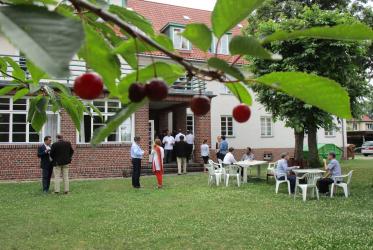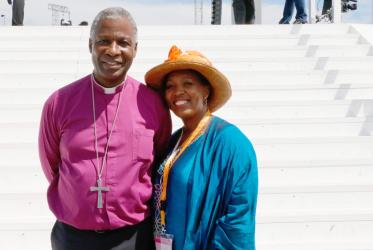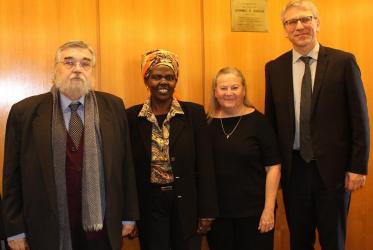Displaying 161 - 180 of 299
18 July 2017
Bossey students speak as one on fostering peace
14 July 2017
Gender-based violence concerns ‘all of humanity’
11 July 2017
G20 summit: call to pray for peace in Hamburg
07 July 2017
Do we need an ecological reformation?
14 June 2017
Ecumenical Patriarch will visit WCC in Geneva
12 April 2017
“What can we contribute as a worldwide fellowship?”
06 March 2017














